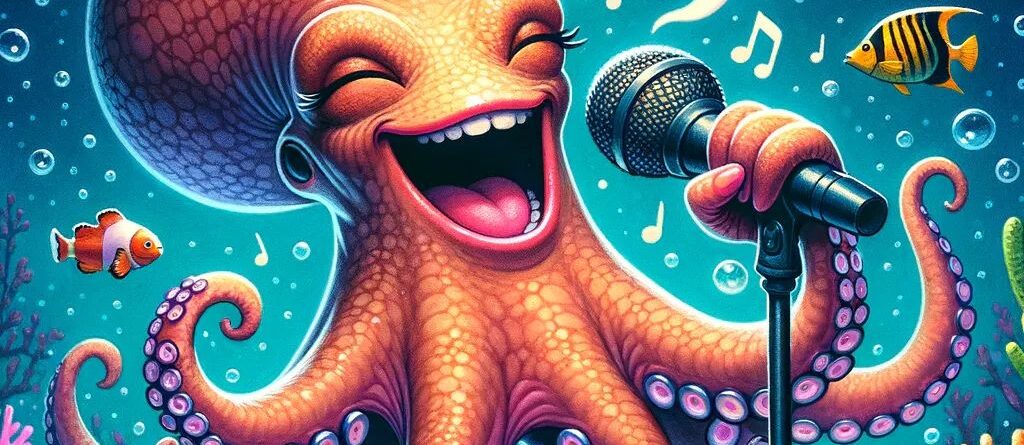QuickCheck: Does an octopus have more than one heart?
We know that the average octopus has more limbs than us. But what about its organs?
Do these alien-looking aquatic wildlife hide even more startling facts beneath their mottled skin, such as having more hearts than us landlubbers?
ALSO READ: Is it true that each tentacle of an octopus has a mind of their own?
As it stands they already have several brains compared to our lonely one, so it might break some hearts to know that they have more beating in them than us.
So, is this true?
VERDICT:
TRUE
They say two is better than one and in the case of the octopus, three is better than two – at least when it comes to hearts.
Yes, the octopus has three hearts and they’re not a case of one main with two spares.
The systemic heart pumps the oxygenated blood around the body, giving each of the eight tentacles and their brains the power to operate independently, whether it is to move, to pick up things or to hunt.
The other two hearts — the branchial hearts — pump blood to the gills, where it picks up oxygen.
Scientists have theorised that the three hearts are necessary to maintain the power required for a complex being like the octopus.
But there’s another reason why they require three instead of one, as compared to humans.
When swimming, the octopus does not use its systemic heart and can tire quite easily and on top of this, the blood of octopi is blue due to the copper-based, oxygen-carrying hemocyanin it contains.
Hemocyanin doesn’t carry oxygen as well as a human’s iron-based haemoglobin, and experts believe this might be one of the reasons why octopuses need more than one heart.
With such unique anatomy, you might think that the octopus can live forever.
But the sad truth is that the average life span of the octopus in the wild is only around one to five years.
With that being said, even though they have three hearts, it doesn’t mean that you should go on and break one of their hearts.
They have feelings too, you know.













Leave a Reply